Elon Musk’s neurotechnology startup Neuralink has announced its readiness to test brain chip implants on humans. Musk revealed that the company is actively recruiting participants for a clinical trial, marking a significant leap in the realm of brain-computer interfaces.
The technology, aimed at revolutionizing the way we perceive the world, focuses on restoring vision and curing blindness. Neuralink recently obtained FDA approval to commence human clinical trials, with plans to implant microcomputers into the brains of participants using automated surgical robots. This marks a notable advancement in the field, addressing both the precision and complexity required for such surgeries.
One of the key applications Musk highlighted is the restoration of vision, a goal Neuralink aims to achieve by bypassing traditional visual pathways. The technology involves inserting thin, flexible electrodes directly into the brain, strategically mapped to stimulate specific neurons. This process, combined with a wireless interface, allows for the transmission of visual information from external cameras to the brain, creating a visual experience.
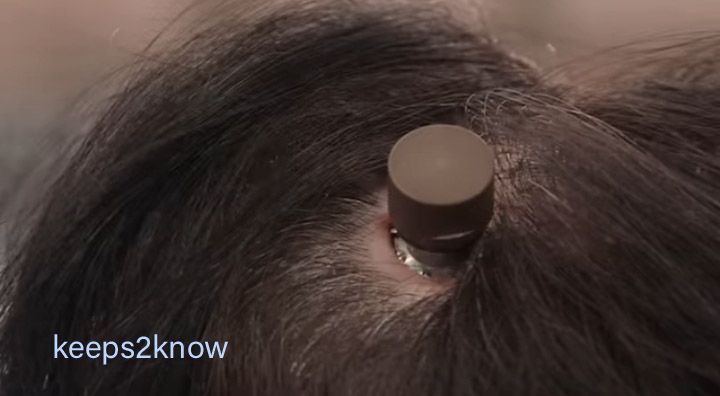
The Neuralink team showcased the N1 chip, a crucial component of their implant, which boasts a remarkable recording capability of 1,24 channels. This represents a tenfold increase in bandwidth compared to traditional Utah arrays, promising sharper and more detailed visual feedback. Musk also revealed plans for the next-generation chip, expected to offer a staggering 16,000 channels.
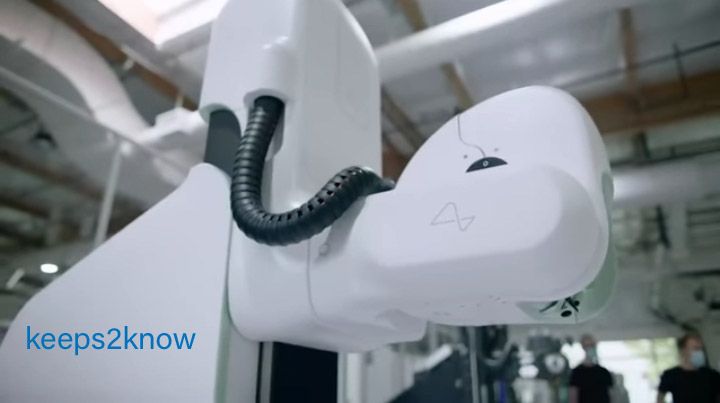
Another groundbreaking aspect of Neuralink’s technology is the use of a surgical robot, named R1, designed for precise electrode insertion into the brain. This innovation aims to address the challenges of maintaining accuracy in the placement of electrodes, even in the presence of slight brain movement during surgeries. The live demonstration of the R1 robot showcased its ability to navigate the brain’s complex structure, avoiding blood vessels and ensuring accurate electrode placement.
Crucially, Neuralink emphasizes the future upgradeability of their technology, a lesson learned from past experiences in the field. Acknowledging the risks associated with outdated devices, Neuralink aims to create a system that allows for seamless upgrades, ensuring early adopters have access to the latest advancements.
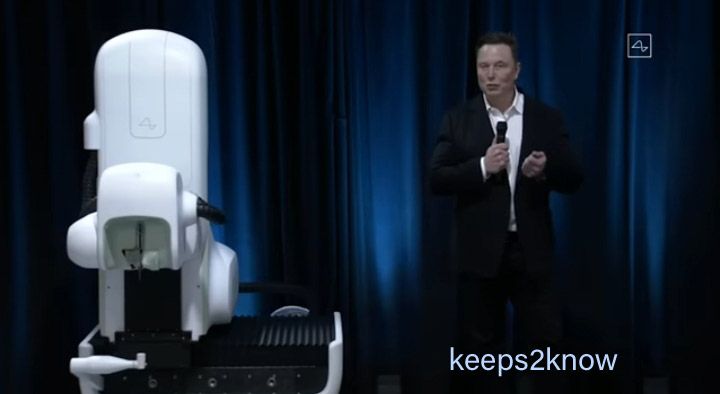
While this groundbreaking technology holds the promise of transforming lives, it also raises ethical considerations regarding privacy, control, and the potential influence of a corporation over individuals’ thoughts. As Neuralink moves closer to human trials, the world eagerly anticipates the impact of this neural engineering on the future of humanity. The era of neuroengineering is dawning, and Neuralink is at the forefront, ready to reshape the way we perceive and interact with the world.











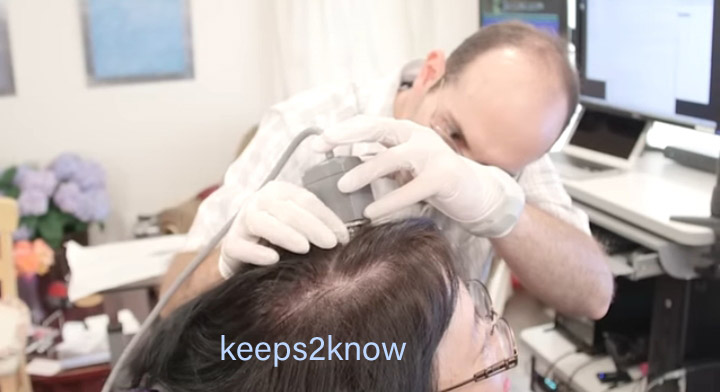

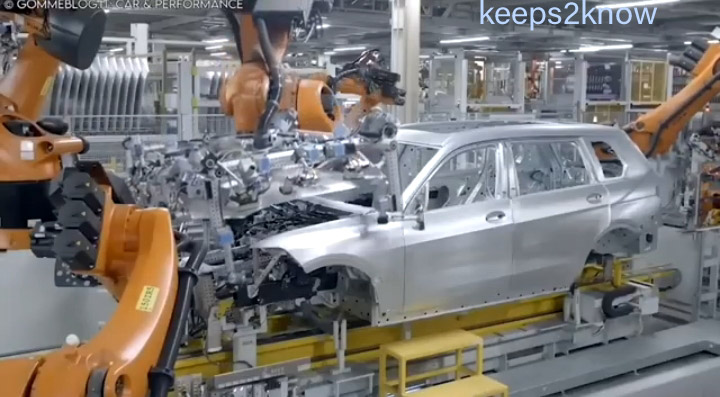














+ There are no comments
Add yours